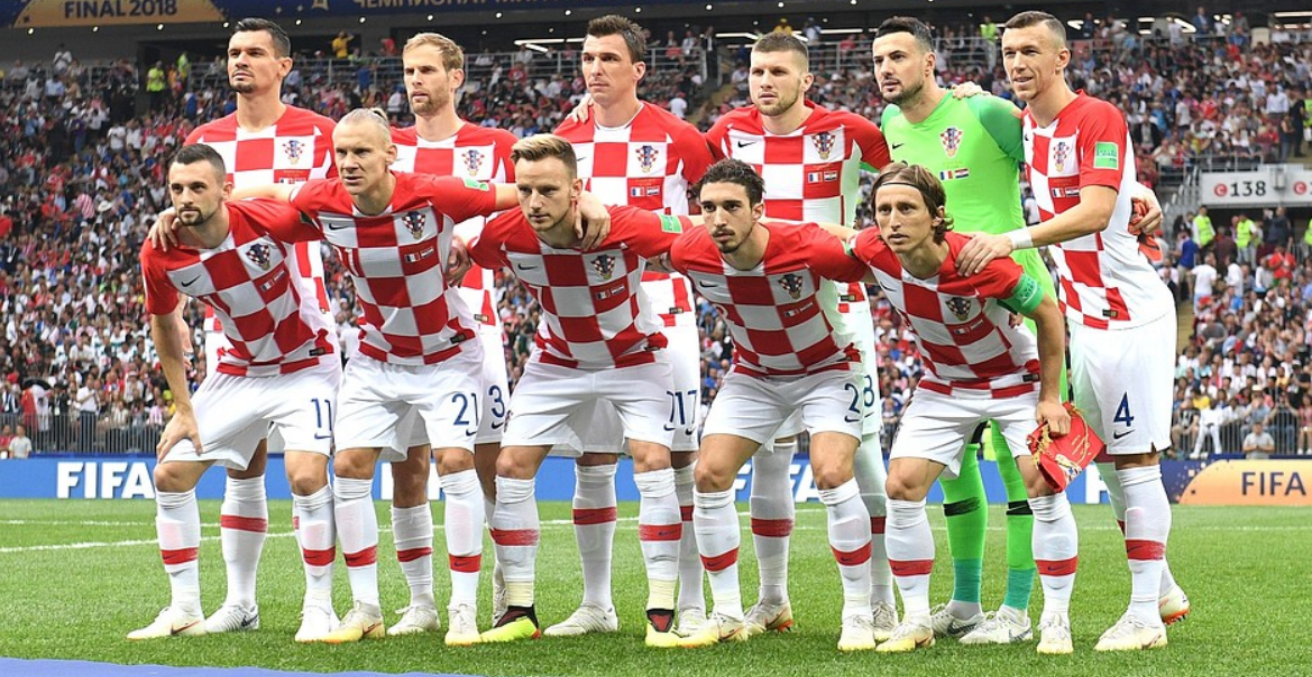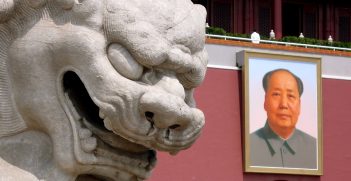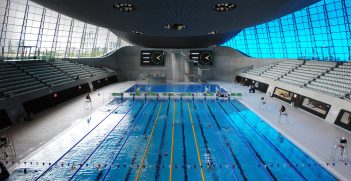Soft Power: Croatia and the World Cup

Croatia showed how a country with a population smaller than Melbourne could use the FIFA World Cup to get the world to listen to its brand.
Soft power is the ability to influence the behaviour or thinking of others through the power of ideas and attraction. A country’s soft power assets can include culture, lifestyle, education, economy, tourism and sport. The aim of soft power is to help shape an environment that is positively disposed to a state’s foreign policy interests and values over the long-term. In an era when money, influence and people can flow anywhere, small states are at a disadvantage and find it more difficult to engage in soft power. They need to ‘sell’ themselves so that their ‘brand’ will stick out in a ‘crowded marketplace’. How did Croatia use its run to the FIFA World Cup Final to get the world to listen to its brand?
Croatia during and after the FIFA World Cup
The FIFA World Cup is the biggest sports competition in the world. The further Croatia made it into the tournament, the more opportunities it received in a progressive-less crowded marketplace to engage in nation-branding in front of the biggest audience on earth. This reached a crescendo in the World Cup Final, with an estimated 900 million people watching the game.
It was the ultimate underdog story. With a population smaller than Melbourne, Croatia had made it to the final of the biggest competition in the world. Its rival, France, had a team with a collective value of USD 1.25 billion. On and off the pitch, Croatia and France were polar opposites. France’s GDP of USD 2.58 trillion completely dwarfs Croatia’s USD 54.8 billion. Many members of France’s team are a legacy of its brutal history of imperialism. Whereas historically, Croatia had long been a vassal state under the control of others, only winning its independence in the most brutal war in Europe since World War II.
Interest in Croatia exploded as a result of the World Cup. In the one month of the World Cup, more had been written online about Croatia than the previous 28 years combined, with Croatia being mentioned 60,248,152,468 times (an increase of 213215.34 per cent), reaching a global audience of 2-2.5 billion people.
Visits to the official Croatian tourism website jumped 250 per cent, a welcome boost in a country where tourism makes up almost 20 per cent of GDP. During the World Cup, over 13 billion kuna (around USD 2.8 billion) was spent in the local economy, an increase of between 11-15 per cent. The uniquely Croatian red-and-white coat of arms became ubiquitous, and domestic producers were planning for more success abroad by ‘dressing’ their products in the colours.
The performances of Croatia’s President Kolinda Grabar-Kitarović in supporting the team throughout the tournament – including travelling economy class with ordinary fans, handing customised jerseys to several world leaders and her emotional reaction and comforting of the team following its loss in the final – led many to speculate that she was the real star of World Cup. Even Saudi Arabian media waxed lyrical on her leadership skills.
Why has Croatia’s team ‘brand’ resonated with so many?
The team’s captain and winner of FIFA’s male player of the year award, Luka Modrić, herded goats as a child and became internally displaced after witnessing his grandfather’s murder during the war. Vice-captain Ivan Rakitić personified the world-wide diaspora created by refugees fleeing conflict. Many other teammates suffered through the war as well. According to the UNHCR, today there are more people displaced by war than ever, with half of all refugees under 18 years old. The personal narratives of the Croatians resonated with these people suffering hardship for similar reasons.
But it is not just the underprivileged who are inspired. The Hollywoodesque rags-to-riches underdog story of players playing not for money, but for the passion and love of their tiny country, found willing listeners across all demographics. Croatia showed that despite the increasing monopolisation of trophies in international tournaments by big nations, you don’t have to be a European or South American giant to succeed; this is something other less wealthy national teams are eager to emulate.
Even the manner in which Croatia lost the final played into the narrative. France’s first two goals were generated by some dubious decisions, which, combined with well-known corruption issues within FIFA, led to an exasperated feeling that the powerful always ensure that the playing field is not always level. International media reports revolved around the theme that ‘France won the Cup, Croatia won our hearts’.
It is not just personal stories. Croatia has political, economic and social problems that are also recognisable in many non-western states that struggle with having their voices heard.
France’s cultural norms, history and ‘gifts to the world’ (wine, food, landmarks, scientists and inventions) are widely known and unquestioned around the world, while Croatia’s cultural norms, history and ‘gifts to the world’ (necktie, Nikola Tesla, Marco Polo, fingerprinting, torpedo, Valium and benzodiazepines) are not as well known. Croatia now has a bigger opportunity to tell its story.
Stjepan Bosnjak recently graduated with a Master of Arts (Research) from Victoria University.
For more information on Australia’s Soft Power Review and to make a submission, see here.
This article is published under a Creative Commons Licence and may be republished with attribution.





